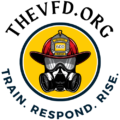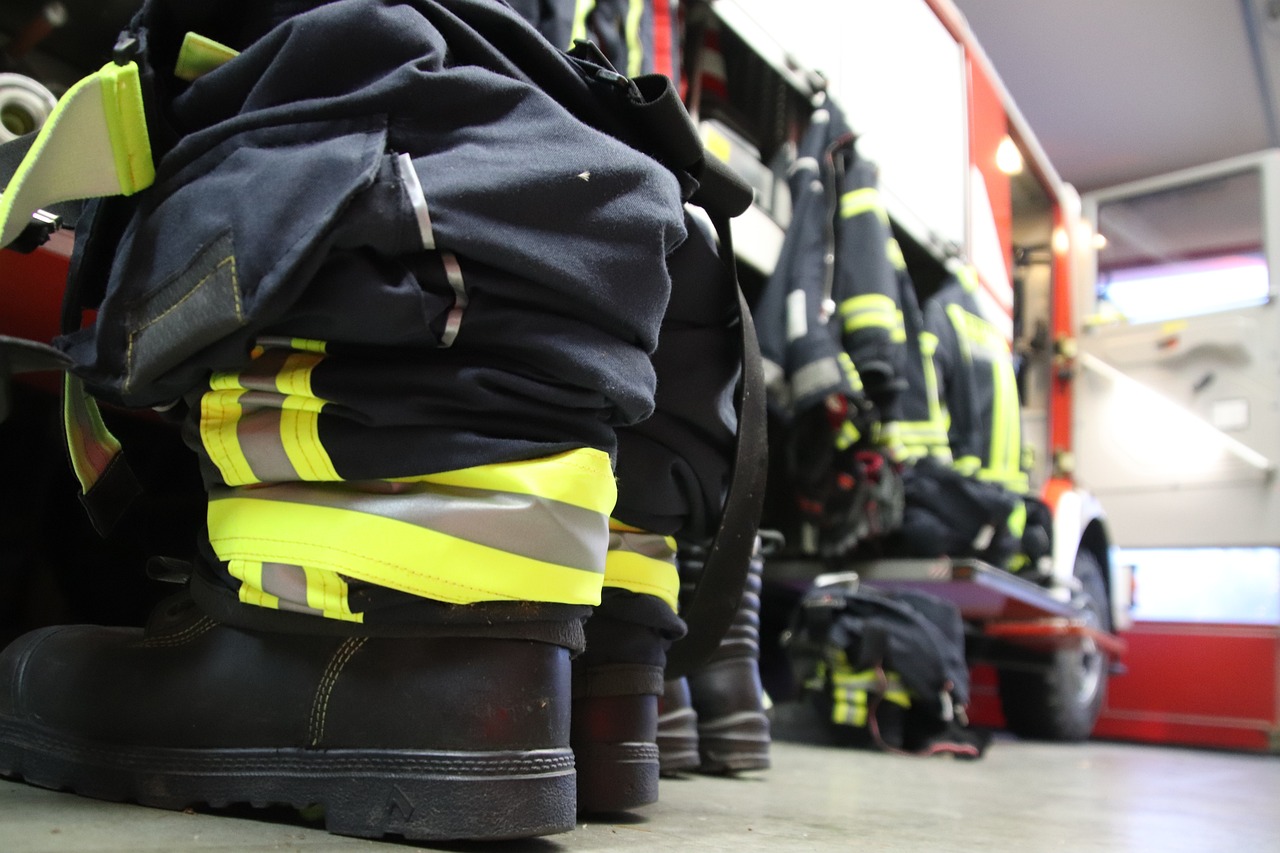Neighborhoods play a crucial role in shaping the safety and well-being of their residents, especially when it comes to fire prevention and preparedness. It is imperative for community members to be equipped with the necessary knowledge and skills to protect themselves and their loved ones in the event of a fire emergency. By utilizing the various resources available for further fire safety training and support in your neighborhood, you can ensure that you are well-prepared and well-informed to mitigate fire risks effectively. Let’s explore some of the valuable resources that can help enhance fire safety awareness and readiness within your community.
Local Fire Safety Training Programs
Fire Department Initiatives
To ensure the safety of community members, many fire departments offer a variety of fire safety training programs. These programs often include hands-on exercises, educational workshops, and fire drills to teach residents how to prevent fires and respond effectively in the event of an emergency. By participating in these initiatives, you can strengthen your fire safety knowledge and skills, ultimately enhancing the safety of your neighborhood.
Community-Based Workshops and Seminars
Community-based workshops and seminars are another valuable resource for furthering fire safety education in your neighborhood. These events are typically organized by local organizations, fire departments, or community centers and cover a range of topics such as fire prevention, emergency preparedness, and proper use of fire extinguishers. By attending these initiatives, you can connect with local experts, ask questions, and network with other community members who share your commitment to fire safety.
Community-based workshops and seminars provide a valuable opportunity to interact with fire safety professionals, ask specific questions about fire safety practices, and learn about the latest fire safety technologies and techniques. These events often offer hands-on training sessions, live demonstrations, and resources to help you create a personalized fire safety plan for your home and community.
Online Resources and E-learning
Interactive Fire Safety Courses
An imperative aspect of fire safety training includes interactive courses that engage participants in learning fire safety practices. These courses incorporate simulation exercises, quizzes, and practical demonstrations to enhance the understanding of fire safety protocols. By enrolling in interactive fire safety courses, individuals can acquire hands-on experience and develop the necessary skills to respond effectively in case of a fire emergency.
Webinars and Virtual Training Sessions
Virtual training sessions and webinars provide a convenient platform for individuals to enhance their knowledge of fire safety from the comfort of their homes. These live online sessions are conducted by fire safety experts who share valuable insights, updates on fire safety regulations, and practical tips for prevention and response. Participants can actively participate in discussions, ask questions, and collaborate with peers to improve their fire safety awareness and preparedness.
Support Groups and Volunteer Opportunities
Neighborhood Fire Safety Advocacy Groups
Unlike formal training programs, neighborhood fire safety advocacy groups provide a more community-based approach to fire safety. Any concerned citizen can join these groups to advocate for better fire safety measures in their area, organize community events, and spread awareness about fire prevention techniques. These groups often collaborate with local fire departments and offer a platform for community members to actively participate in improving fire safety in their neighborhood.
Volunteering with Local Emergency Services
Volunteering with local emergency services is a hands-on way to contribute to fire safety efforts in your neighborhood. Whether assisting at community events, participating in fire drills, or helping with disaster relief efforts, volunteers play a crucial role in supporting the work of emergency services. By volunteering, you can gain valuable experience, learn important skills, and make a meaningful impact in enhancing fire safety within your community.
Understanding the importance of volunteerism in the context of fire safety is key to building a resilient and prepared community. Volunteers provide vital support to fire departments, helping to expand their reach and effectiveness in promoting fire prevention and response efforts. By becoming a volunteer, you can make a real difference in enhancing the safety and well-being of your neighborhood.
Implementing Fire Safety Practices
Creating a Fire Safety Plan
Not having a fire safety plan in place is a significant risk in case of emergencies. It is crucial to create a detailed plan that includes evacuation routes, meeting points, and a list of emergency contacts. Be sure to involve all members of your household or team in the planning process to ensure everyone understands their roles and responsibilities in case of a fire.
Regular Drills and Equipment Maintenance
On a schedule that suits your household or organization, it is imperative to conduct regular fire drills and ensure that all fire safety equipment is well-maintained. Implementing these practices can significantly increase preparedness levels and response times in the event of a fire. Regular maintenance of fire extinguishers, smoke alarms, and fire suppression systems is crucial to ensure they are in working condition when needed.
Drills should be taken seriously, and participants should respond as if it were a real emergency. Regular practice will help to familiarize everyone with evacuation procedures and help to identify any areas that may need improvement. Additionally, maintaining fire safety equipment ensures that it is ready for use at any given moment, minimizing the risk of malfunction during an actual fire emergency.
Final Words
Drawing together the resources for further fire safety training and support in your neighborhood is crucial for ensuring the safety of yourself and your community. By leveraging the expertise of local fire departments, reaching out to organizations like the Red Cross, and staying informed through online resources, you can take proactive steps to prevent and respond to fires effectively. Bear in mind, fire safety is a collective effort that requires continuous education and preparedness. Stay vigilant, stay educated, and empower yourself to protect those around you.


